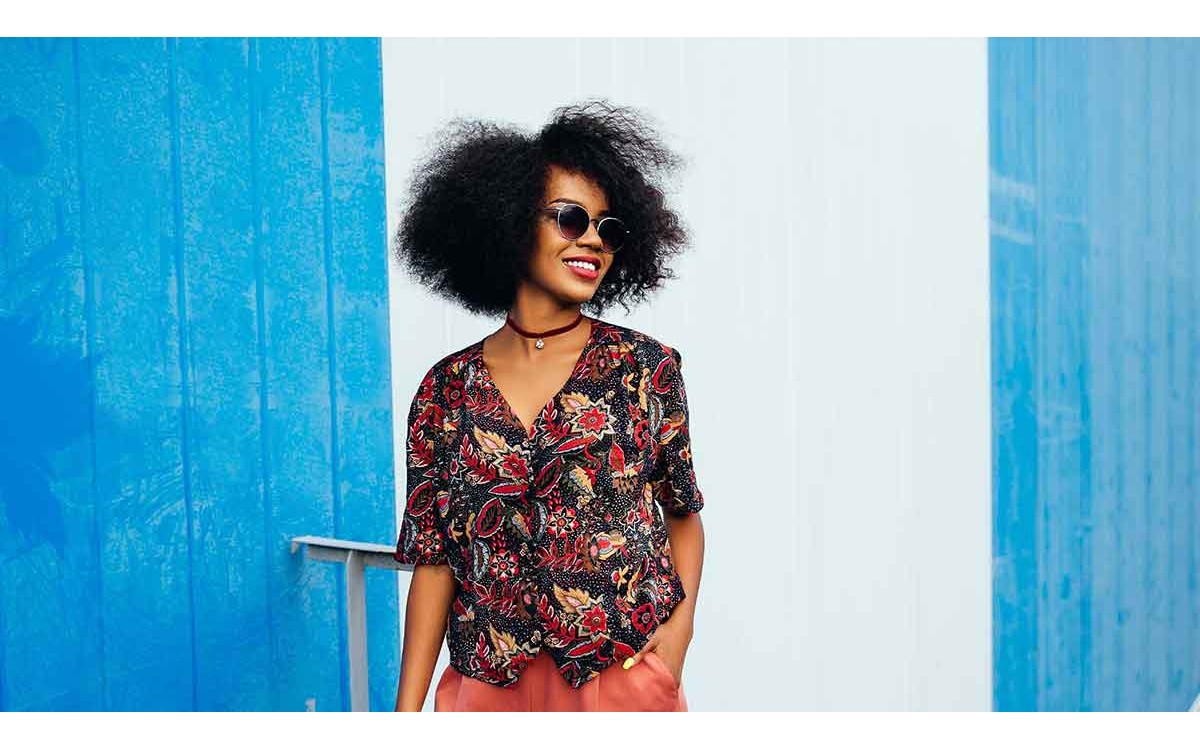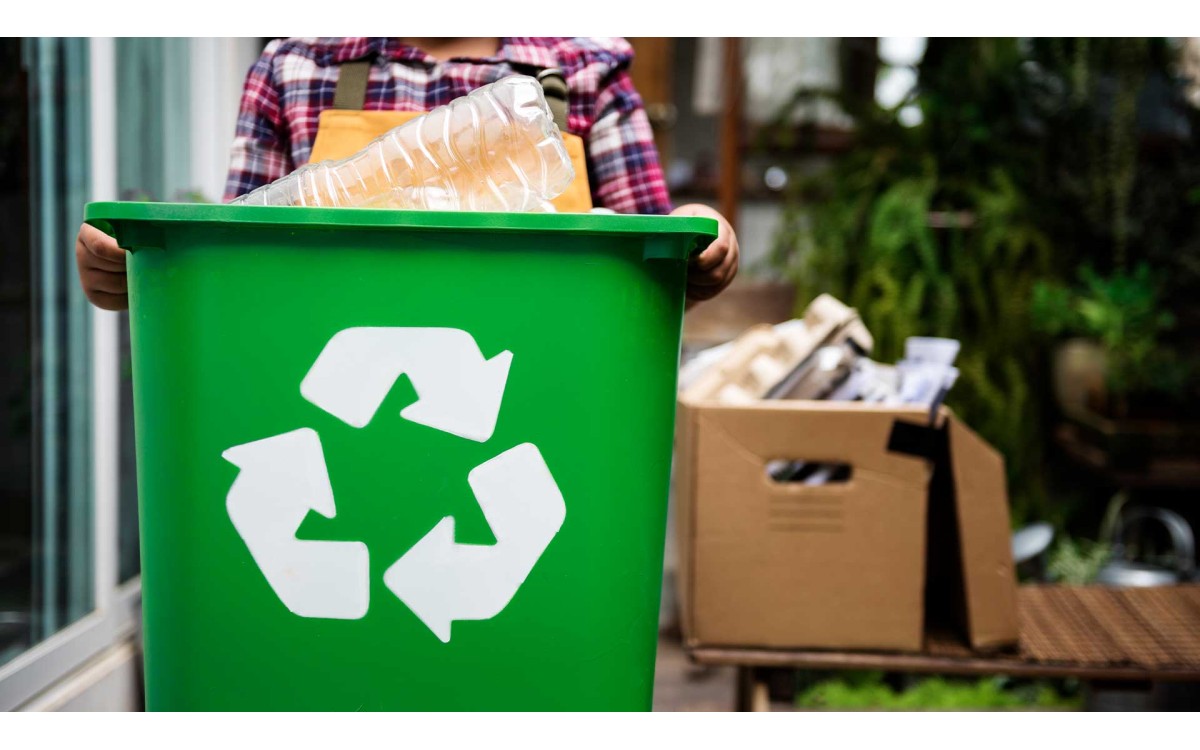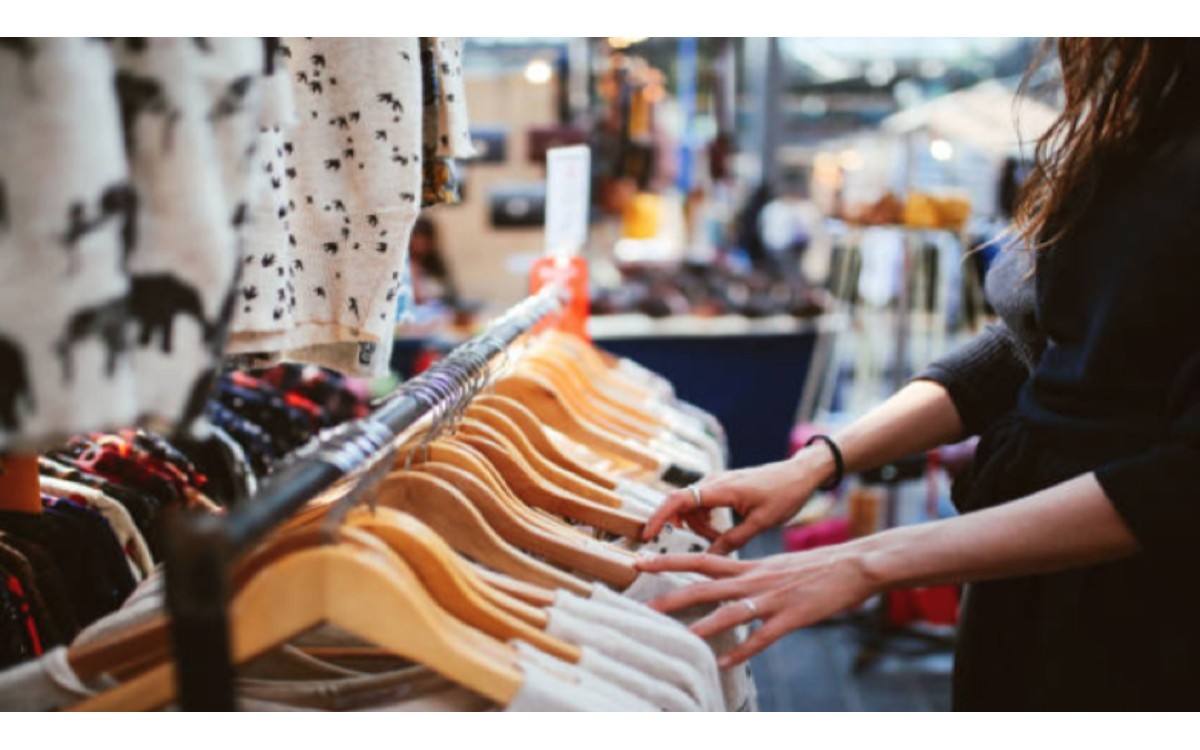Whether you wear Gucci, Primark or H&M, you’ve probably got an opinion about sustainability in the fashion industry and you’re not alone.
Consumer interest in sustainable fashion is increasing and in the UK alone there has been a 19.9% rise in the purchase of ethical clothing and a 22.5% increase on second hand items in the past year (2018). An inspiring 9 out of 10 millennials say they would switch to a brand associated with a cause. But what is a good cause and how do you define sustainability in the fashion industry?
Let’s start with the high street.
There are several global standards which can help you make conscious fashion choices and the Global Organic Textile Standard (GOTS) is recognised as the world’s leading processing standard. The GOTS logo is only given to companies that have proved their textiles are at least 70% organic.
Cradle to Cradle certifies businesses for a range of performance indicators including chemical breakdown, material reutilisation, renewable energy, water stewardship and social fairness.
Pacific Jeans – who provide denim for the likes of M&S, Zara, C&A and Gap – are Cradle to Cradle certified so it would seem we’re moving in the right direction but the UK fashion industry has a long way to go before it reaches true sustainability.
Sustainable fashion is a veritable minefield so read through this checklist to see if your fave brand makes the cut.
1) Does the brand meet environmental standards?
Creating sustainability in the fashion industry involves a business being aware of the footprint they leave with regards to their waste management practices, water and energy usage, agricultural methods and soil treatment right down to their packaging.
Synthetic fibres such as polyester or nylon can take up to hundreds of years to biodegrade. Sustainable alternatives such as organic cotton, hemp and linen will naturally break down and are often grown without synthetic pesticides.
Another thing to look for is eco-friendly technology. Dyeing fabrics without water and using digital printing to colour fabric can save precious resources. Look for the GOTS and Cradle to Cradle labels and ask specific brands directly about their sustainability practices.
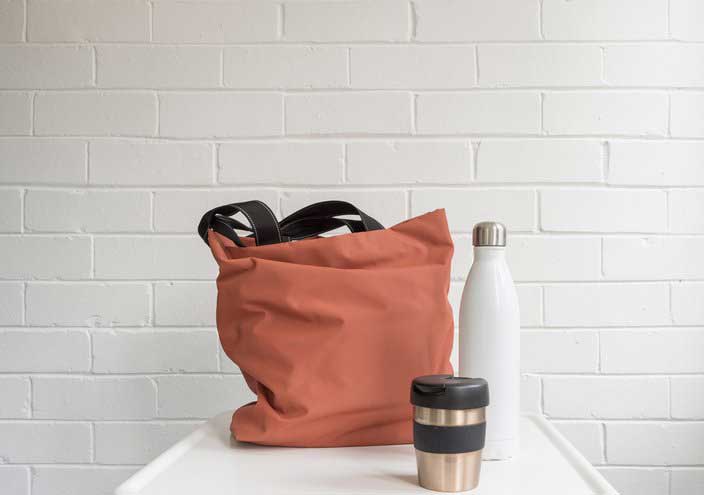
2) How about animal welfare?
Pioneers like Anita Roddick, founder of The Body Shop, helped put animal welfare on the public radar. As awareness around sustainability in the fashion industry rises, people are becoming more considerate about the rights of our furry, scaled and feathered friends. If you wear cashmere, silk, suede, feather or leather, it’s time to ask where did those materials originate. For those who like their fashion cruelty-free there are a growing number of vegan and 'faux' leather options as well as bamboo and hemp.
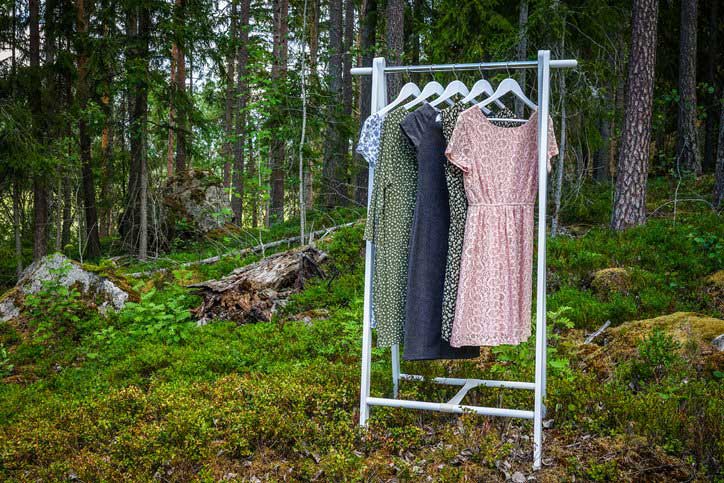
3) Are you buying ethically sourced clothing?
Was the item you're buying produced in a respectful way? In other words, were the labourers fairly paid, working from a safe and clean place, of legal age and there by choice? An organic tag loses its charm if the people who created it were poorly treated. Be sure by looking for certifications such as Fairtrade or Ethical Trading Initiative (ETI).
4) Where does the brand measure on the ethical Richter scale?
Global brands such as Patagonia, Nike and H&M, along with scores of smaller fashion labels, have jumped on the sustainability-in-the-fashion industry bandwagon with pledges to minimise their environmental and social impact. Transparency and an innovative approach are important steps in the right direction. However, 'green washing' – when companies make unsubstantiated or misleading claims about the sustainable benefits of their offerings – is rife.
Sustainable fashion often comes with a higher price-tag due to the additional cost and care spent on farming, production and labour, but don’t let that discourage you. Read our guide to Sustainable Shopping on a Budget.
Fortunately, rounding off your look with the right sunglasses can be done while ticking the sustainability boxes. Sunglass Fix is an affordable sustainable fashion brand and pioneer of the sunglasses replacement lens market. From reusing filtered water in their production machinery through to recycling any bubblewrap used for packaging, the Sunglass Fix continues to lead the way in sustainable business innovation.
Looking for new sunglasses? Read our Sunglass Lover’s Guide to Sustainable Fashion.






